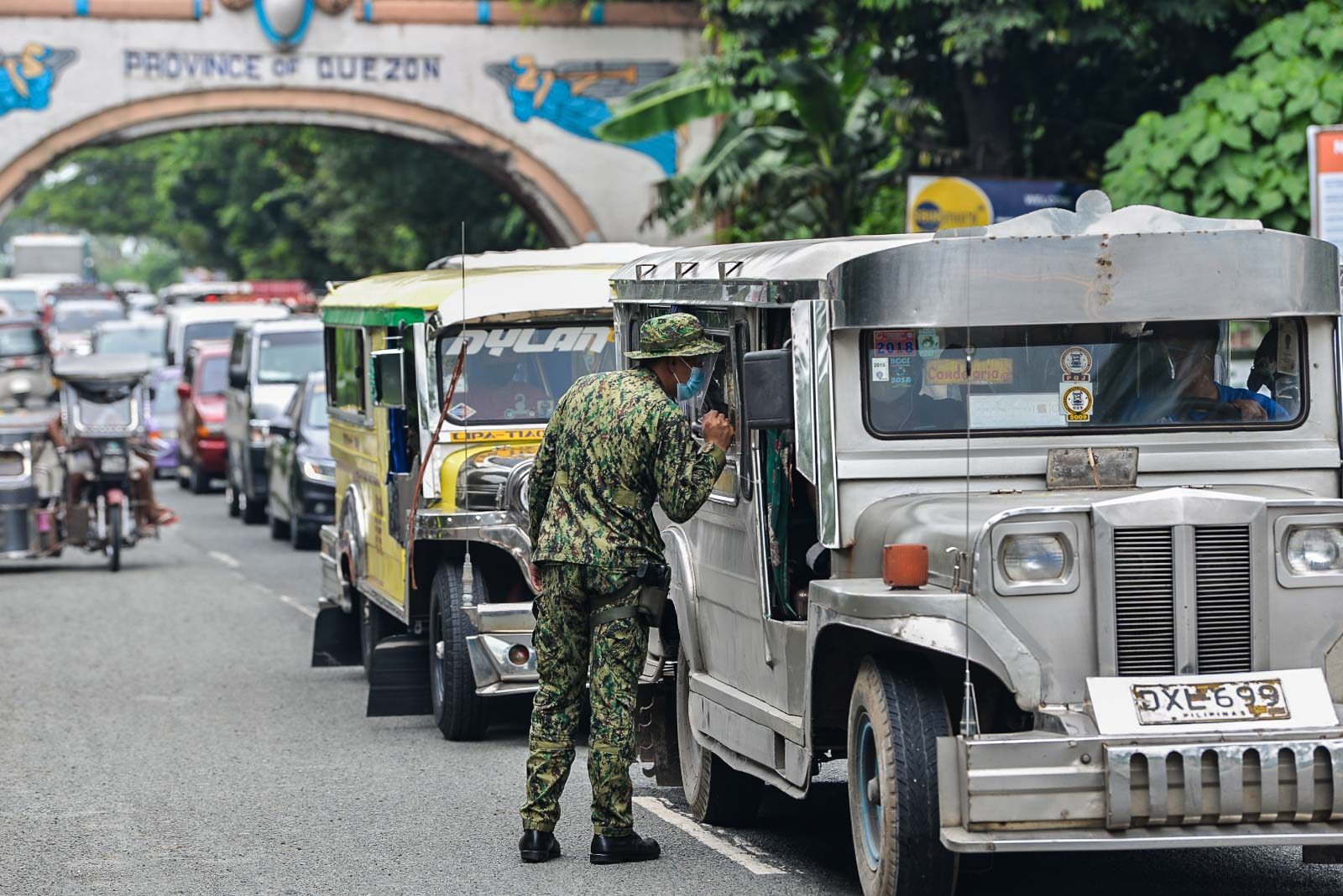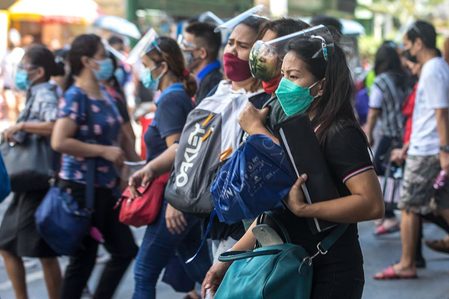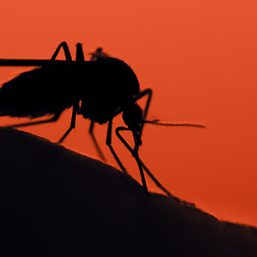SUMMARY
This is AI generated summarization, which may have errors. For context, always refer to the full article.

The Department of Health (DOH) is working on the assumption that community transmission of the COVID-19 Delta variant is already taking place in the Philippines, but it stopped short of making an official announcement on the matter.
“When it comes to managing cases, we assume that there is already this kind of transmission so that we can better manage. It is better to be cautious, be doubly safe, and ramp up our efforts,” Health Undersecretary Maria Rosario Vergeire said in a mix of English and Filipino on Monday, August 2.
But Vergeire also told reporters in a press briefing that no formal declaration can be made yet, since there still isn’t enough evidence to conclude community transmission based on detected Delta cases.
“The assumption is there, but we cannot declare because we do not have sufficient evidence yet,” she said.
According to the World Health Organization, community transmission means there are multiple unrelated clusters in several parts of a country or sources of infection are no longer traceable as large numbers of cases are not linkable to transmission chains.
As far as the Philippines is concerned, Vergeire said, the Philippine Genome Center (PGC) is still able to trace the links between the 216 Delta cases detected so far.
Vergeire added that the DOH needs more data to confirm community transmission of the Delta variant “because there are international implications…and we also have international definitions that we align to.”
The DOH’s move to assume the Delta variant is more widespread follows the recommendation of its technical advisory group. Infectious disease specialists had warned the government that it would be too late to wait for numbers to escalate and confirm more Delta cases before implementing measures.
Delta, the experts noted, is already regarded as “the fastest and the fittest” variant of SARS-CoV-2. Compared to the original, Delta can infect up to eight people and is as contagious as chickenpox.
“We need to work on the premise that every case that’s now detected is Delta so that we can act accordingly,” said Dr. Anna Ong-Lim, a pediatric infectious disease specialist at the Philippine General Hospital.
How Delta cases are confirmed
Unlike testing for COVID-19 cases with the original strain of the virus, Delta cases can only be detected after whole genome sequencing done by the PGC. The capacity for sequencing, however, is currently limited with just 750 samples sequenced weekly.
Despite this, Vergeire said the DOH is not relying on sequencing to determine its response to individual cases, but rather to guide community-level interventions. “We do not need to test all the people for this whole genome sequencing because that is really inefficient,” she said.
Instead, among the questions health officials want answered with sequencing is further detection of variants of concern and whether a variant is contributing to the rise in cases or severity of disease, Vergeire added.
“[But] as to the extent of who in the entire country may have the Delta variant – I think we are way past that when it comes to management. We are now assuming that there are really a lot of Delta [cases] already and we are managing our response in that direction because we do not need to prove that each positive case has the Delta variant,” she said.
The recent increase in cases, coupled with the presence of Delta in the Philippines, prompted the government to heighten quarantine restrictions in communities where infections and hospital admissions are on the rise. These areas include Metro Manila, the epicenter of the country’s epidemic, which will see a return to the strictest lockdown from August 6 to 20. – Rappler.com
Add a comment
How does this make you feel?






There are no comments yet. Add your comment to start the conversation.